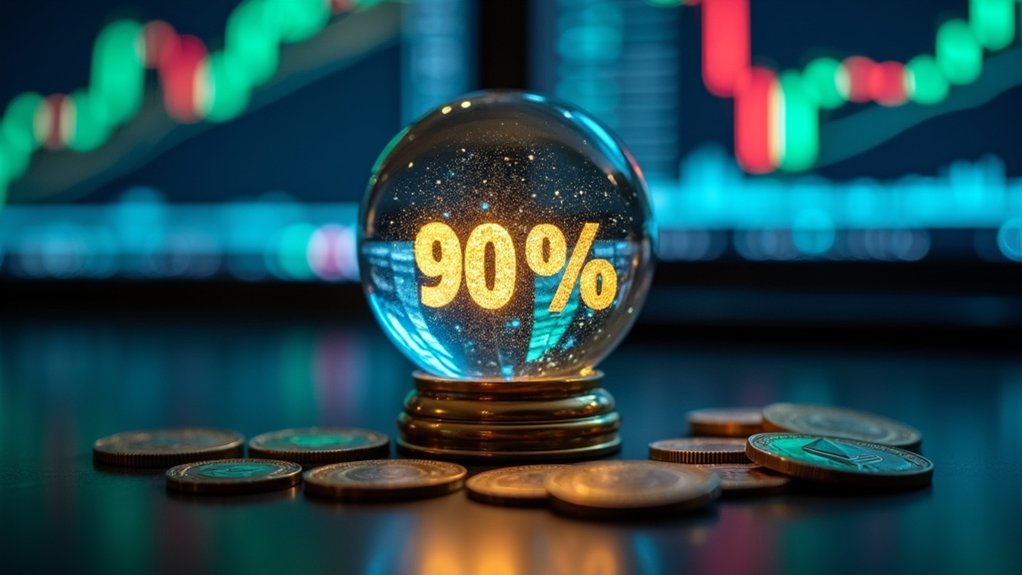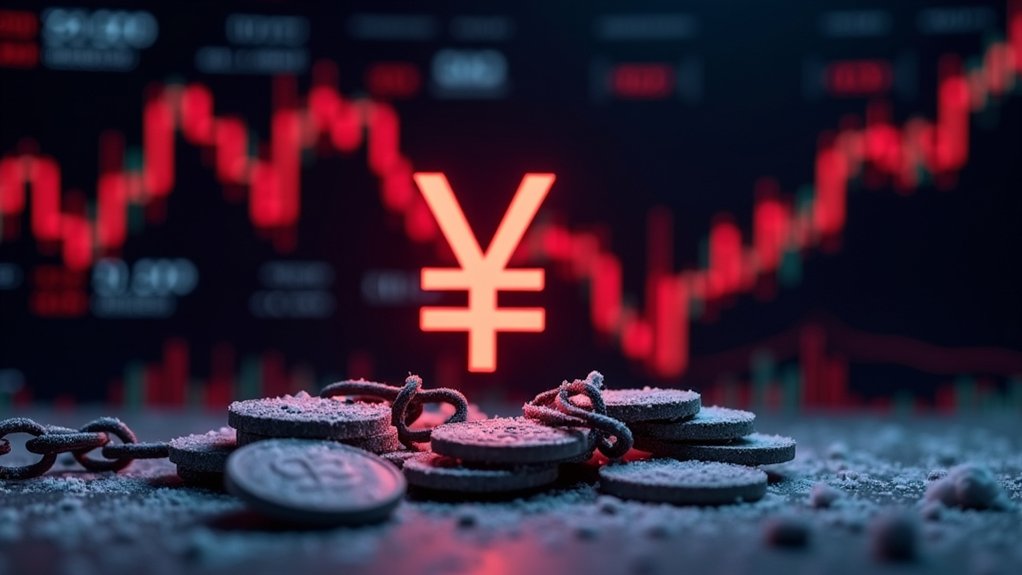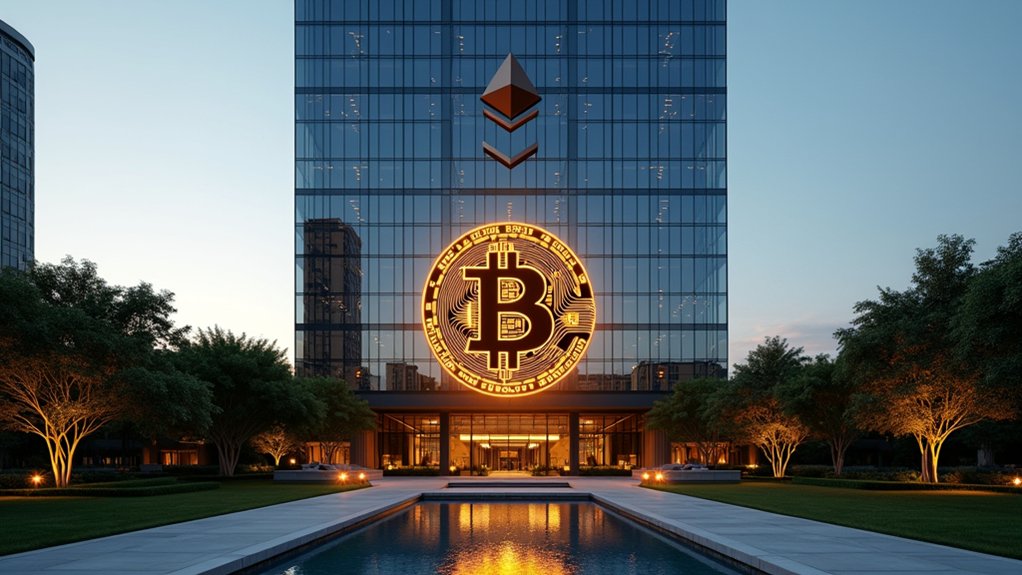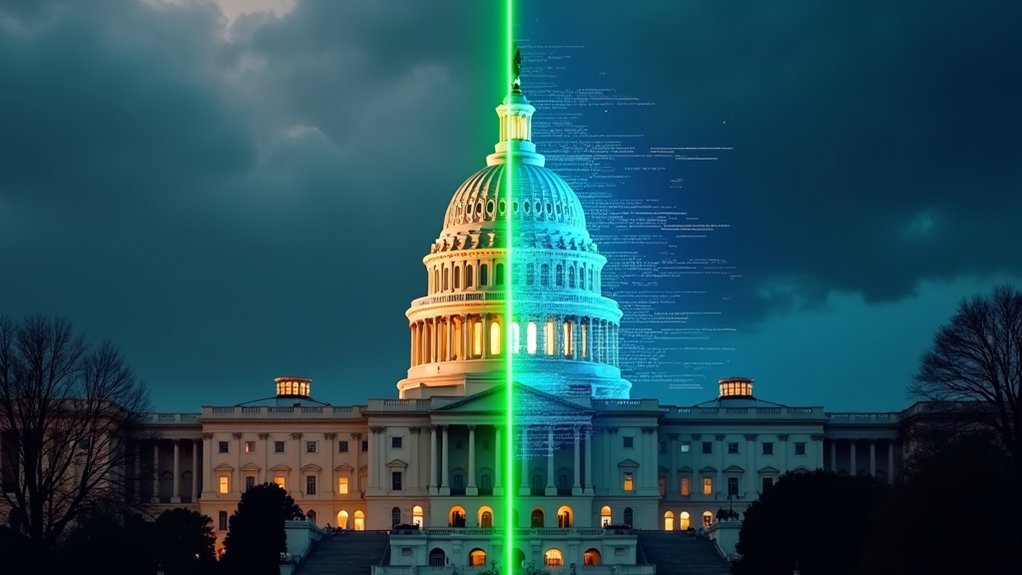While many skeptics doubt the reliability of prediction markets, Polymarket’s track record tells a different story. Recent analysis by data scientist Alex McCullough reveals that Polymarket achieves a remarkable 90% accuracy rate for events predicted one month in advance. Not too shabby for a bunch of internet gamblers pooling their collective wisdom.
The numbers don’t lie. McCullough’s extensive study using Dune dashboard data shows consistent performance across different timeframes. One week before events? 89.2% accurate. One day before? 88.6%. And it gets even better – 94.2% accurate just four hours before resolution. Talk about clutch performance.
Of course, it’s not perfect. Polymarket users tend to slightly overestimate probabilities. Blame it on acquiescence bias or plain old herd mentality. Sometimes there’s not enough money in the pot, and who doesn’t love a long-shot bet? These factors skew results a bit.
Long-term markets actually perform better than you’d expect. Remember Gavin Newsom’s presidential chances last election? Yeah, exactly. Some outcomes are just clearly unlikely from the get-go, making accurate predictions a bit easier.
Sports betting has become huge on the platform, with nearly $4.5 billion wagered on major events like NBA and Premier League finals. These markets tend to show more balanced outcomes and get increasingly accurate as game time approaches.
Traditional polling looks downright ancient in comparison. Polymarket updates in real-time while polls take days to reflect changing sentiment. Plus, when real money’s on the line, people suddenly get a lot more careful with their predictions. Research by James Surowiecki consistently demonstrates that prediction markets outperform traditional polls in accuracy.
Political analysts are starting to pay attention. In Canada, Polymarket showed Mark Carney leading Pierre Poilievre when traditional polls said otherwise. Interesting, right?
The platform isn’t just guessing – it’s tapping into “collective intelligence” from diverse participants. Not traditional experts, just regular folks with skin in the game. And with a 90% accuracy rate, maybe they’re onto something after all.





